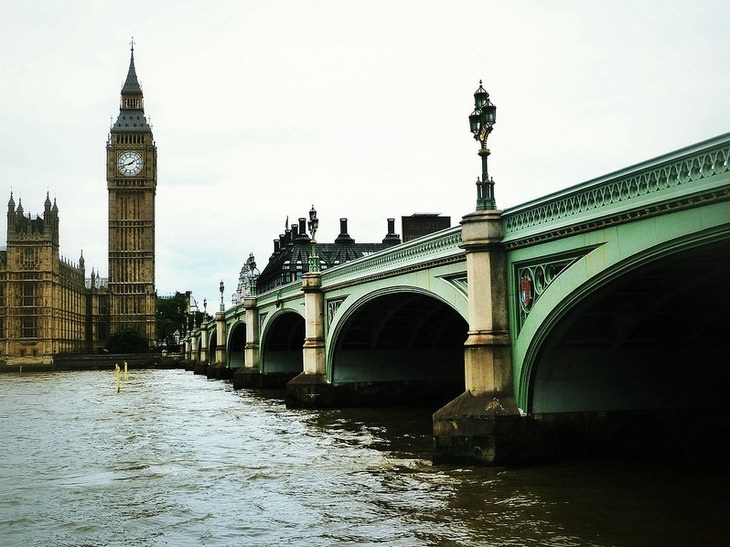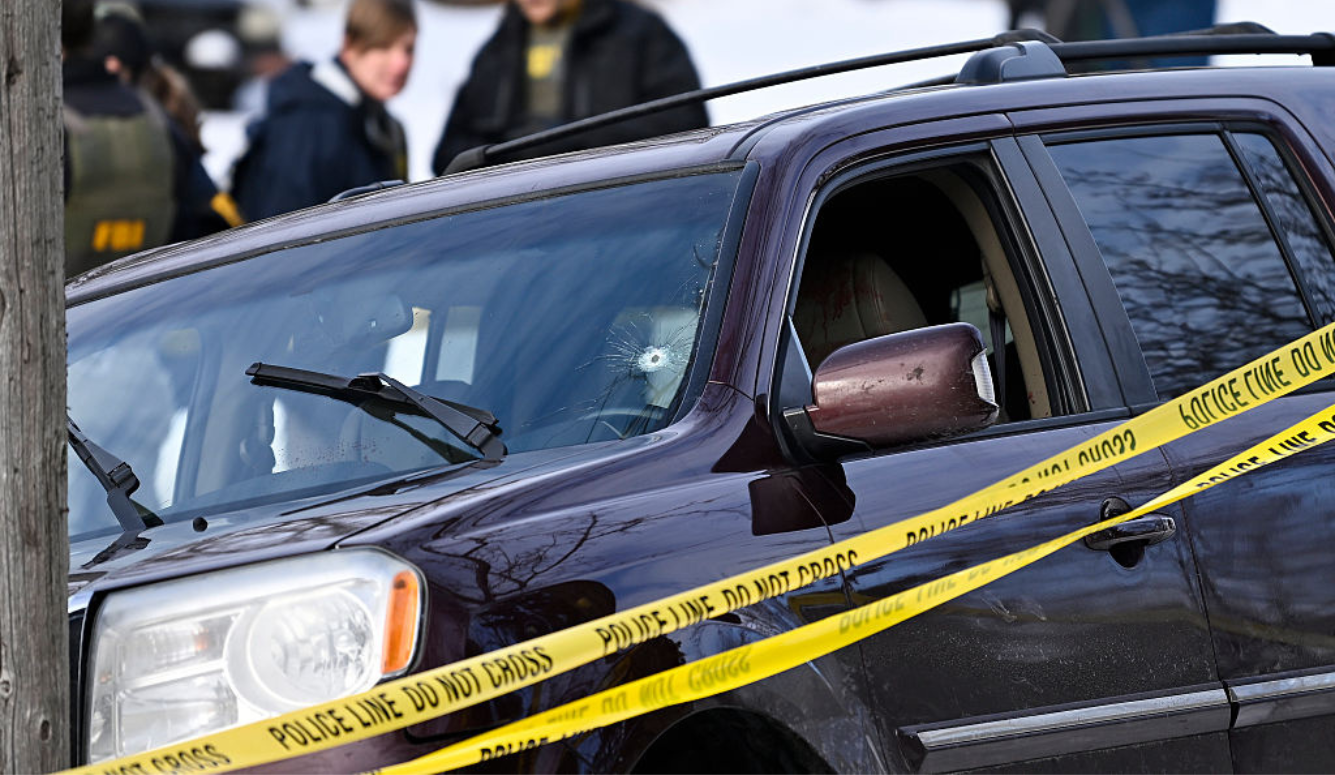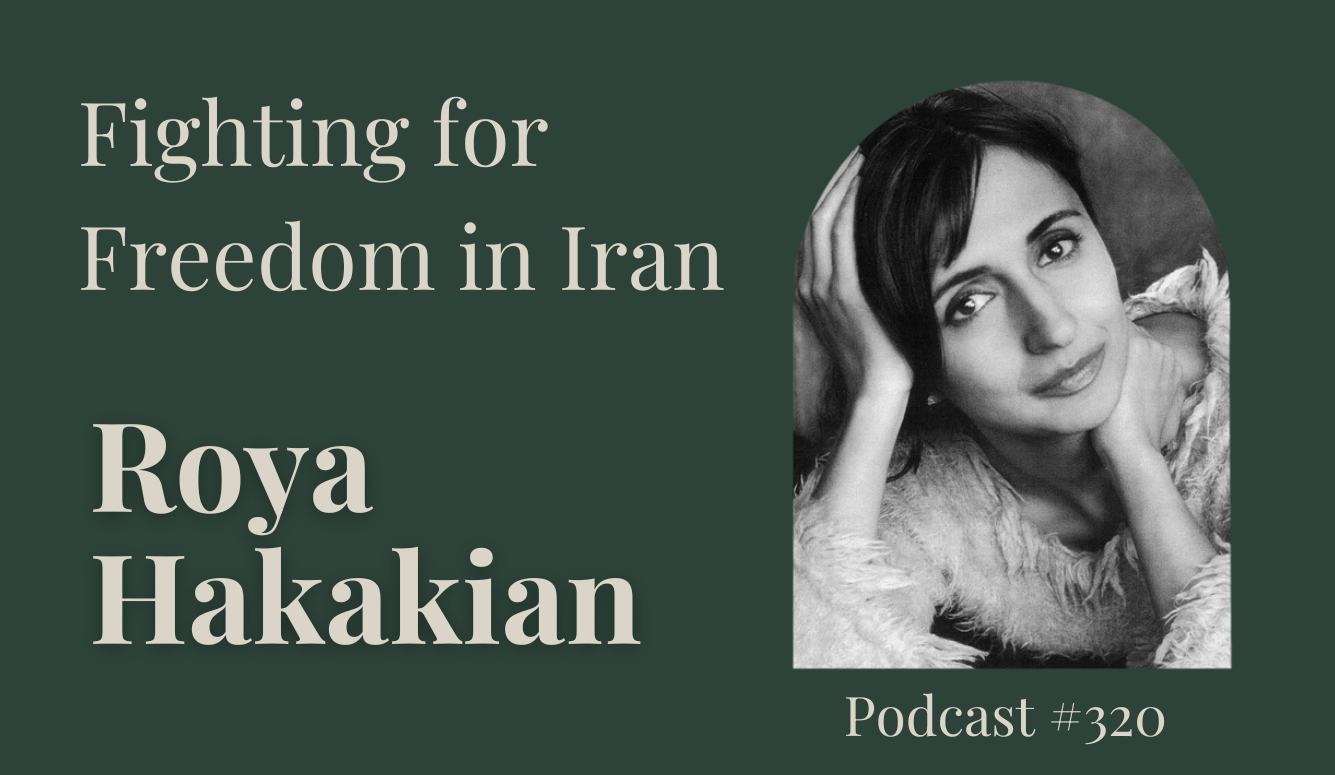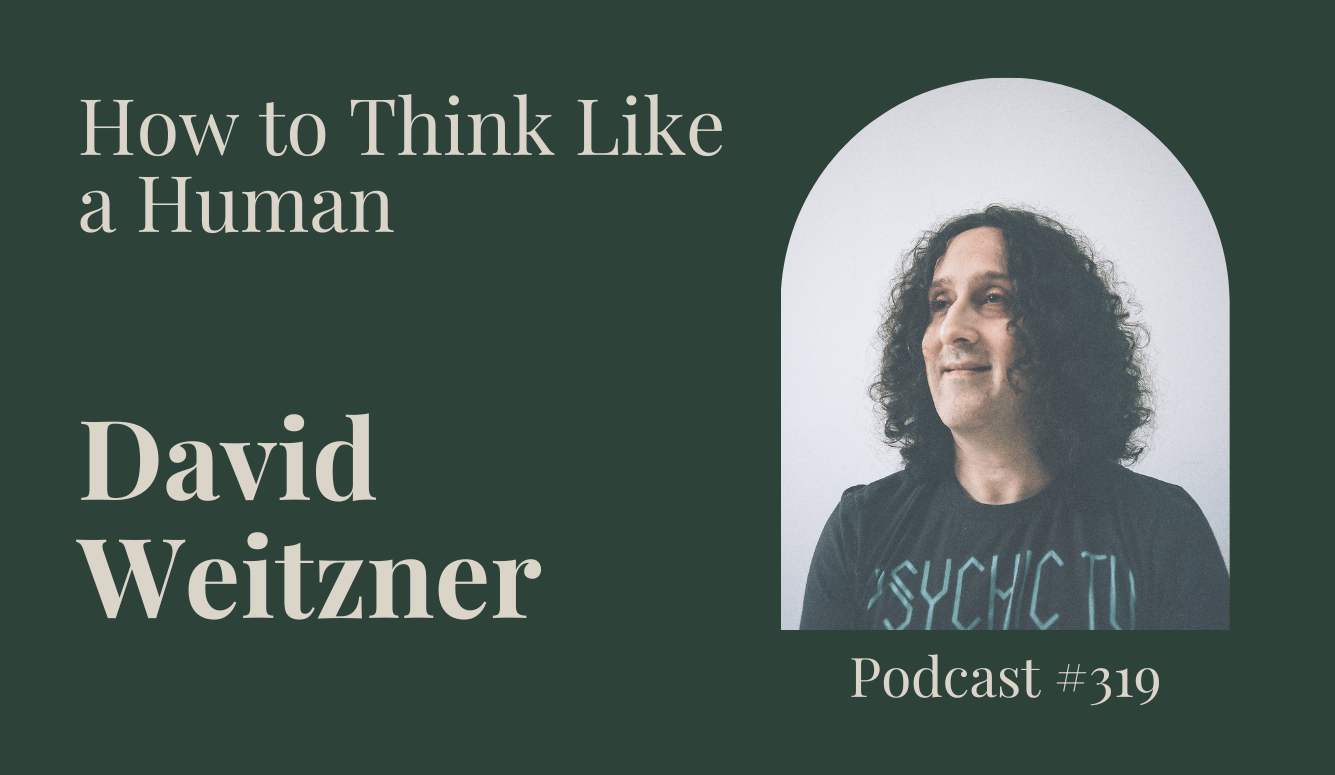Art and Culture
Terrorism Denial on the Left
Claiming that the war on terrorism is 'fictitious' is conspiratorial and irresponsible.

At the end of last year I attended a large conference of social science academics and researchers in Melbourne. Speaking on a plenary panel in front of hundreds of attendees was the director of the Asylum Seeker Resource Centre, Australia’s primary refugee advocacy organisation. He opened the plenary by describing the Australian government’s treatment of asylum seekers, decrying the cruelty of Australia’s policy of offshore detention toward refugees, and the need for a more humane approach. He pointed out that funding for refugee services had been cut by a seemingly callous government that was indifferent to the plight of refugees. These are all legitimate — if familiar — points in the debate about this topic. However he then went on to say that all of this was happening whilst we spent billions of dollars on a “fictitious war against terror”.
Hold on, ‘fictitious’? A fiction? Made up?
I looked around the audience, and no one seemed perturbed by what he’d just said. No one challenged him in the Q&A session afterward. Was I the only one bothered by this?
Two weeks later, counter-terrorism forces arrested a group of young Muslim men who were planning to bomb St Paul’s Cathedral in downtown Melbourne on Christmas Day, along with other targets. Up to 1400 people were going to be attending the service on that day, so the likely death toll from such an attack would have been catastrophic. The alleged plotters had been closely monitored for months by security and counter-terrorism organisations. Many had social media activity profiles that were indicative of strong sympathies with ISIS. This followed a number of terrorist plots thwarted by Australian counter-terrorism measures since the mid 2000s targeting football matches, the Australian Grand Prix, an army barracks, and former Prime Minister John Howard.
These are the circumstances we live in. They are not ‘fictitious’.
Recently, more sentiment about the supposed lack of terrorist threat circulated on social media in the wake of Trump’s proposed ban on Muslim immigrants from seven Muslim majority countries. A table, extracted from a 2016 Huffington Post article, claims that the death toll of US citizens from terrorism in the last 10 years was fewer than the number of deaths caused by armed toddlers and from lawnmowers; the implication being that terrorism was no greater a threat than these. Otherwise respectable journalists and commentators tweeted the table, claiming to be injecting ‘facts’ into the debate.
How about injecting some facts into the discussion? pic.twitter.com/ZKINcydHsJ
— Andrew Stroehlein (@astroehlein) January 28, 2017
Even the renowned anti-terrorism analyst Kim Kardashian got in on the act: ‘Statistics’ she tweeted authoritatively alongside the table, garnering over two hundred thousand retweet’s for her efforts.
In a New York Times article entitled ‘Husbands are Deadlier than Terrorists’, Nick Kristof claimed that: ‘The bottom line is that most years in the U.S., ladders kill far more Americans than Muslim terrorists do. Same with bathtubs. Ditto for stairs. And lightning”. The Boston Globe recently described this as the ‘phantom threat of terrorism‘, arguing that this threat is infinitely small when viewed alongside many other absurd and unlikely ways US citizens are killed.
"Putting terrorism risk in perspective. https://t.co/L9GRyQ012g @NickKristof
We should only be scared of things that are actually scary.
— Justin Wolfers (@JustinWolfers) February 13, 2017"
It’s become increasingly apparent that some proportion of the left is engaged in a kind of ‘terrorism denial’, believing that terrorism poses no real threat, or at least not one worth talking about. They cite the relatively modest fatalities in the US and other western countries from terrorist attacks since September 11 — and it’s always ‘since’ — as evidence of this apparent lack of threat.
These numbers are misleading for a number of reasons. Simply adding up the body count from various causes of death doesn’t reflect why terrorism should concern us — how and why these deaths occurred is also important. Accidental deaths should be less concerning to us than deaths caused on purpose. Lawnmowers and armed toddlers may indeed do us harm, but they don’t intend to do it. More importantly, they don’t seek to do more harm than they actually do. In contrast, the ambition of a terrorist is rarely modest. In almost all cases, the goal is to create as many casualties as possible in any given attack. As a matter of public interest and public policy, those who have no upper limit in the amount of harm they want to cause are more of an existential threat than those who do. As Sam Harris argues, jihadist inspired terrorism ‘takes the guard rails off of civilisation’ in a way that these more mundane causes of death don’t.

But what is most spurious about these numbers is that they ignore the deaths prevented from security and counter-terrorism measures that managed to thwart attacks before they occur. Every day the US and other Western countries are fighting the war on terrorism. They are saving lives before it becomes apparent to the rest of us that they ever needed saving. This may sound dramatic, but it needs to be understood if people believe that the war on terror is a fantasy, or less of a threat than bathtubs. The relatively low death tolls from terrorism in the West are, in part, due to the success in thwarting attacks, not because there is no threat in the first place.
In this respect, terrorism denial commits the same faulty reasoning that the anti-vaxx movement uses to deny the reality of the threat posed by infectious diseases and pandemics. Anti-vaxxers argue that the small number of deaths caused by infectious diseases in recent times is evidence of them posing no threat. However, those who understand the underlying science recognise the nature and scale of the threat, and the critical role that vaccination and pandemic prevention play in neutralising it. Were we to stop vaccinations — or counter-terrorism — it’s clear that the death toll from both these threats would rise significantly.
This isn’t to say we should be consciously fearful about terrorist attacks on a day-to-day basis. Yes, there are legitimate debates to be had about the balance between intelligence gathering, national security, and civil liberties. We should be skeptical of political leaders who seek to capitalise on the fear of terrorism for cheap political gain. We should be careful to recognise their rhetoric and bombast about being ‘tough on terrorism’ when it’s a substitute for actual knowledge about the threats posed by it.
But claiming that the war on terrorism is ‘fictitious’ is conspiratorial and irresponsible. When the left cites misleading death tolls in order to play down the terrorist threat, it discredits itself in they eyes of anyone who knows better.
Andrew Glover is a sociologist based in Melbourne. He tweets at @theandrewglover






